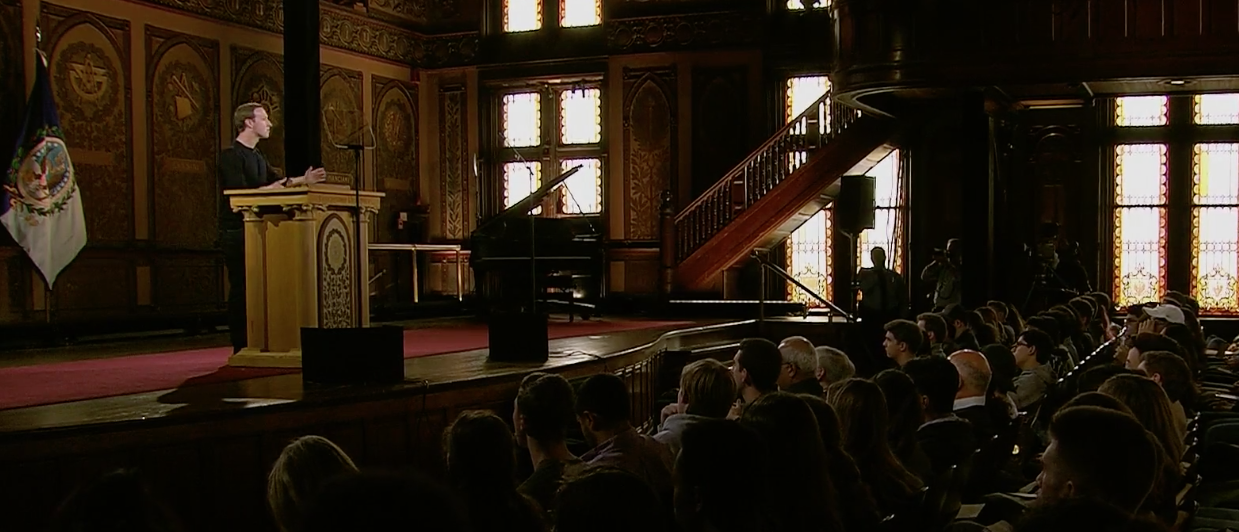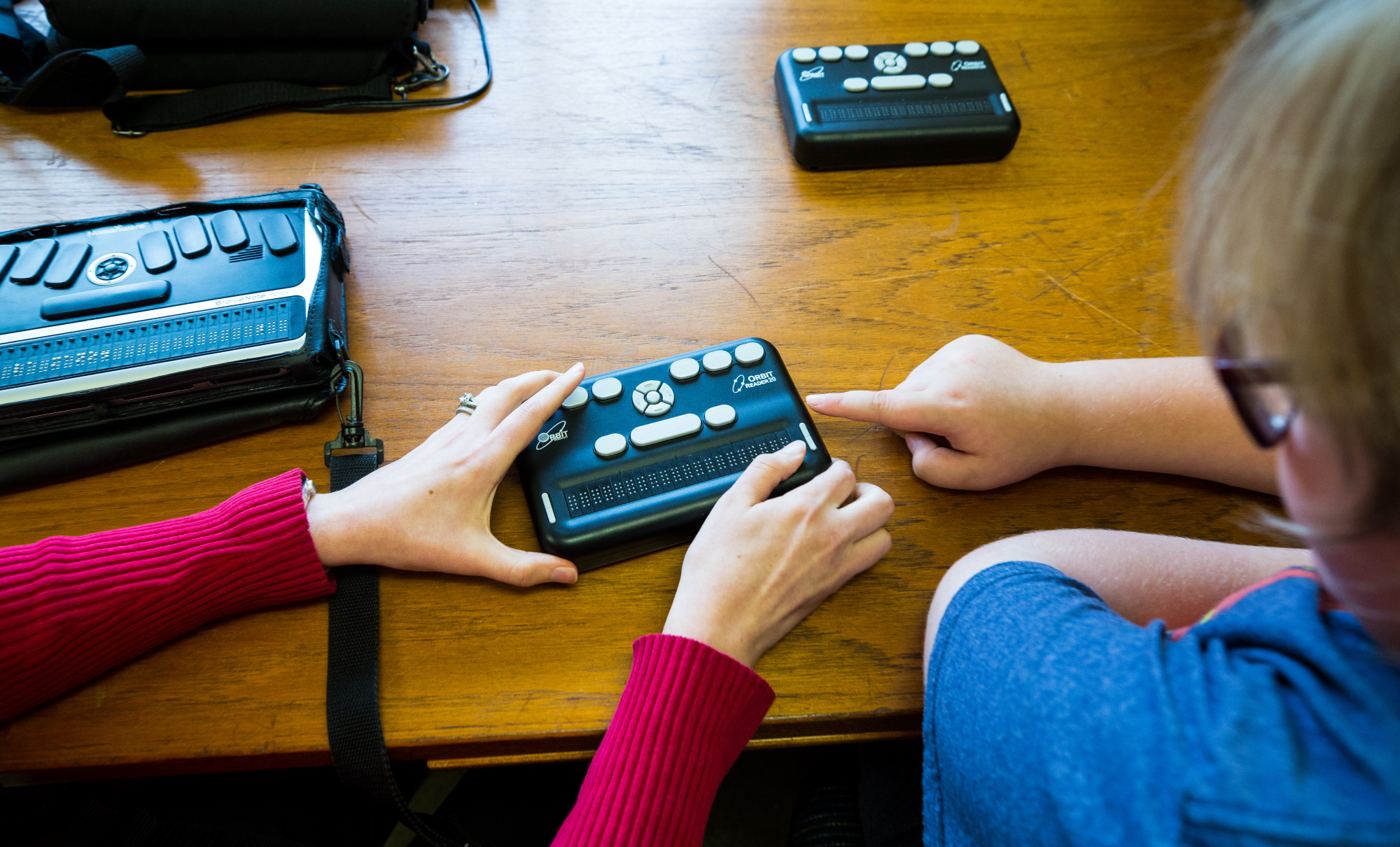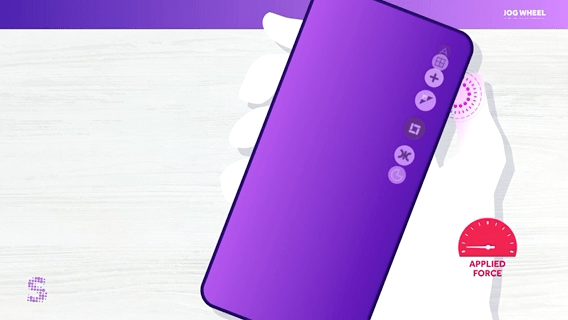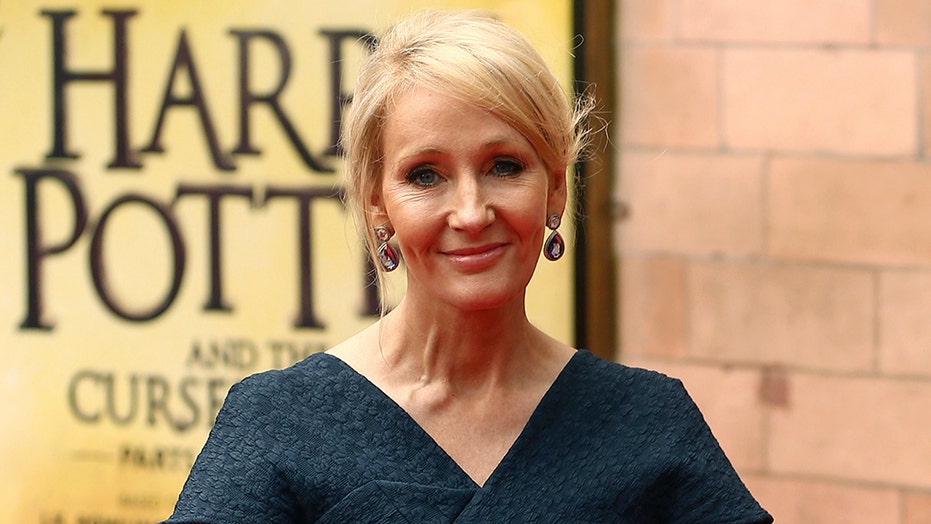Mum 8st weight detriment WITHOUT going on despotic diet devise – for a consequence of her kids
21.10.2019
Wedding shamers impact £42k rendezvous ring for looking like something from Dr Pimple Popper
21.10.2019
Paul Burrell says William is headed for a ‘boardroom’ while Harry for a ‘factory floor’ as he speaks of their bond
21.10.2019
Don’t Tell The Bride husband branded ‘worst ever’ for creation bride nap in a tent a night before their wedding
21.10.2019










